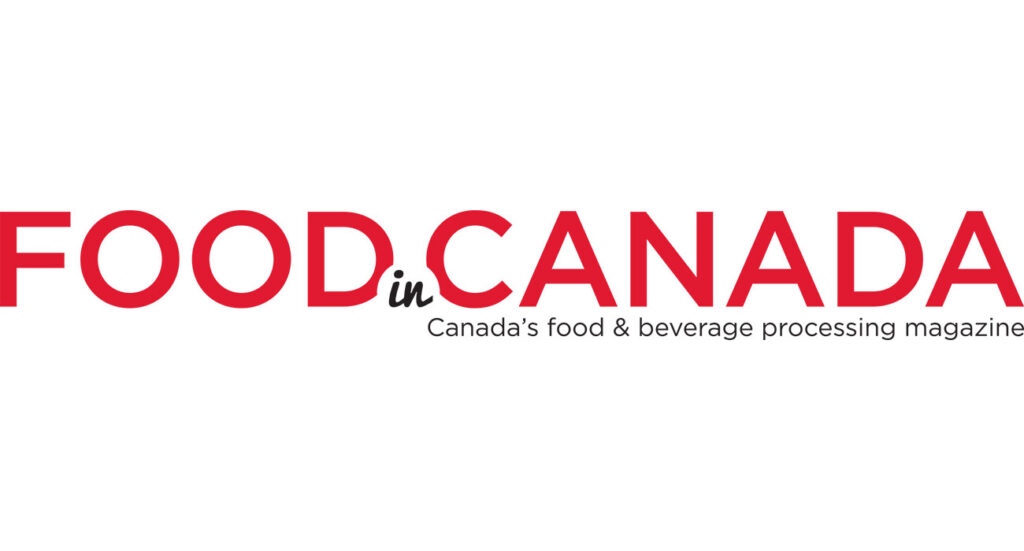F&B sector to face 0.7 per cent decline in sales: FCC


Canada’s F&B sector is set to see a drop in sales by 0.7 per cent in nominal terms in the remaining months of 2024, per Farm Credit Canada’s (FCC’s) mid-year report.
Nominal sales increased 1.5 per cent for food manufacturing and declined 6.6 per cent for beverage manufacturing compared to the first half of the year in 2023. The situation worsened for beverages when accounting for inflation, as real sales volumes dropped by 11.6 per cent in the same period.
FCC estimates that the industry will have a 2.1 per cent decline in nominal sales in the second half of 2024 and a further 0.2 per cent in the first half of 2025.
However, not all segments of food and beverage manufacturing are equally impacted, according to FCC. Sub-sectors such as grain and oilseeds are likely to see sales drop to long-term trends as lower commodity prices filter through the supply chain. The sugar and confectionery sector is set for a rise due to increasing demand for snacks and an anticipated increase in prices and volumes.
In beverage manufacturing, FCC expects growth to be led by non-alcoholic drinks, while alcoholic beverages continue to struggle. Wine sales are projected to decline toward pre-pandemic levels. Breweries will face a trend of decreasing per capita beer consumption. Distilleries, however, are positioned for growth due to the growing ready-to-drink market and changing legal restrictions in Ontario.
Despite an anticipated improvement in gross margins, up 0.5 per cent on average this year, F&B manufacturers face ongoing pressure from high input costs, including wages and benefits. FCC expects margins to improve significantly in 2025, but alcoholic beverage manufacturers may continue to struggle due to declining demand.
In terms of consumer behaviours, the FCC report found consumers are spending more on food and non-alcoholic beverages but less on alcohol. In response, retailers are shifting towards discount models, private labels, value-size offerings and ultra-discount stores to engage consumers.
Although job vacancies have dropped from the highs seen during the pandemic, filling jobs remains a challenge for F&B manufacturers, many of whom have had to leverage temporary foreign workers, who now account for nearly 15 per cent of the sector’s workforce.
Source: www.foodincanada.com

